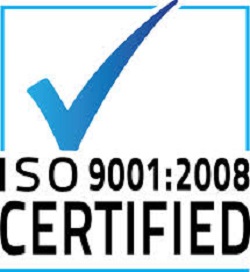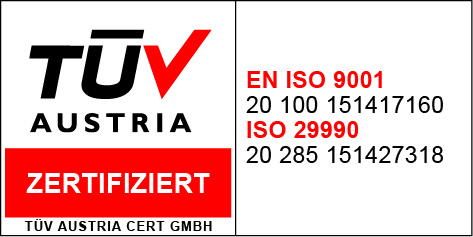


Overall "market risk" poses the greatest potential danger for investors in stocks funds. Stock prices can fluctuate for a broad range of reasons — such as the overall strength of the economy or demand for particular products or services. Not all stock funds are the same. For example:
How to Buy and Sell SharesYou can purchase shares in some mutual funds by contacting the fund directly. Other mutual fund shares are sold mainly through brokers, banks, financial planners, or insurance agents. All mutual funds will redeem (buy back) your shares on any business day and must send you the payment within seven days. The easiest way to determine the value of your shares is to call the fund's toll-free number or visit its website. The financial pages of major newspapers sometimes print the NAVs for various mutual funds. When you buy shares, you pay the current NAV per share plus any fee the fund assesses at the time of purchase, such as a purchase sales load or other type of purchase fee. When you sell your shares, the fund will pay you the NAV minus any fee the fund assesses at the time of redemption, such as a deferred (or back-end) sales load or redemption fee. A fund's NAV goes up or down daily as its holdings change in value.
How Funds Can Earn Money for YouYou can earn money from your investment in three ways:
|
Join our Linkedin Group
The GAFM ® Board is the 1st Graduate Certification Body to Become Accredited and Certified for: ISO 9001 Quality and ISO 29990 Training in the World. GAFM ® owns the former AAFM ® Certifications and Programs
|

Home Certifications Board Recognition Requirements Providers About Contact Us Contact Apply AFAPPC GetCertifiedPPC Benefits Chartered Wealth Manager News How To Use Stock Markets Training Calendar FINRA Application Reg. Payments About Old Events CWM Training Program News UBT University Business Technology Saudi Arabia Saudi Arabia - Certification Training Programs 2017 - University Business & Technology CEO Message Chartered Certified Economist Certified Financial Analyst FINRA SEC Chartered Wealth Manager Training Indonesia Malaysia Guides Informa GAFM Guides Jamaica Qualifying Degrees Global Advisors Membership Mission Ethics Governmental Recognition Links Handbook mfm Financial Planner Program Chartered Economist CCO Higher Institute IP List Become Provider Management Consulting Jobs TUV Accreditation CWM Chartered Wealth Manager Terms Financial Analyst Certification Copy of Certification Economics Certification Economics Degrees Management Degrees Finance Degrees Accounting Degrees Exams Renew Certification Awards Sample Honor Society Trademarks Careers Complaint Site Map Mentz George Mentz Lawyer Mentz George Colorado USA Speaker Consultant AFA ® Accredited Financial Analyst Certification CTEP ® Trust and Estate Certification CIPM ® Certified International Project Manager CWM ® Chartered Wealth Manager ® AMA ® Management Accountant Certification AMC ® Management Consulting Certification MMC ® Management Consulting Certification Book







